Published in YFile’s New Faces Feature Issue 2020, Part Two
Nine faculty members join the Faculty of Science this fall: Kyle Belozerov, Christine Le, Kevin McGregor, Pavlos Motakis, Jesse Rogerson, Carly Rozins, Pam Sargent, Ryan Schott and Mark Vicari.
"We're excited to welcome these talented and passionate individuals to the Faculty of Science," said Dean of Science Rui Wang. "They exemplify our core values of teaching excellence, dedication to research and commitment to community. We look forward to working together to provide an outstanding experience for our students, and to drive research that creates positive change in our society."
Kyle Belozerov
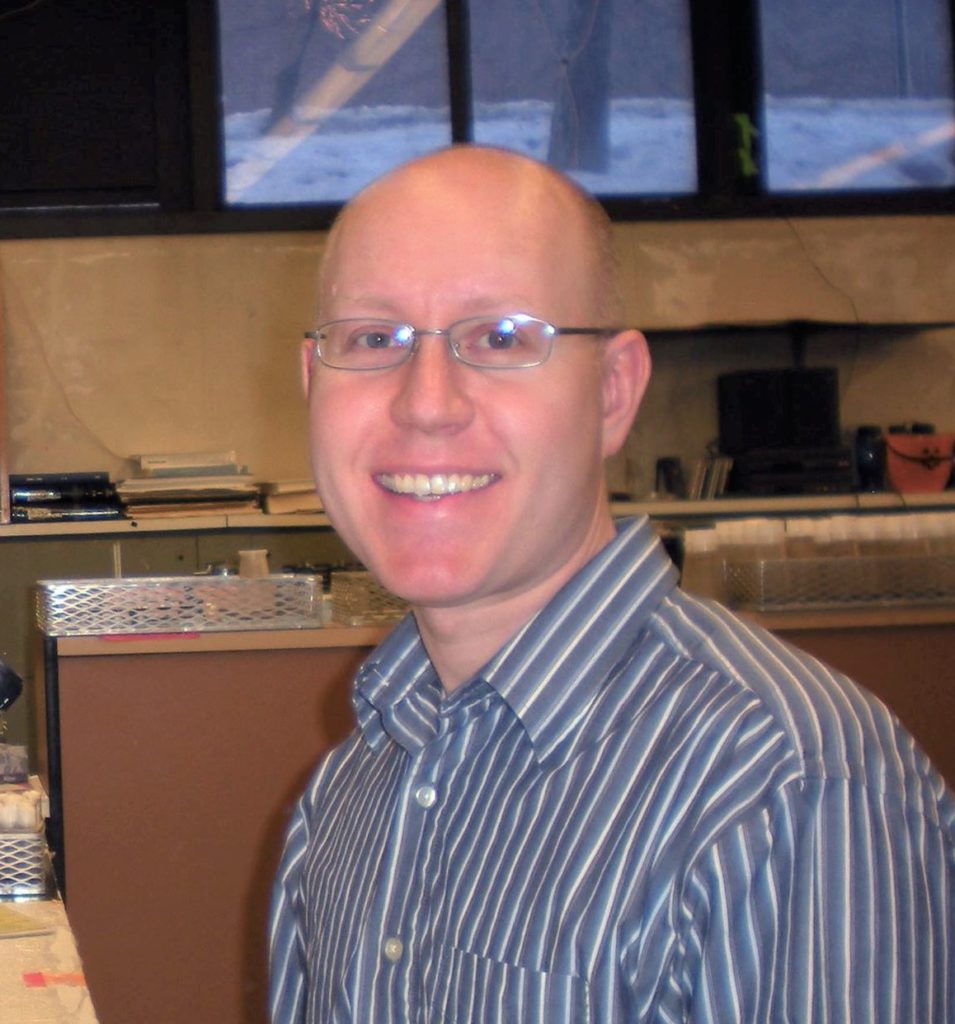
Kyle Belozerov joins the Department of Chemistry as a sessional assistant professor. Prior to coming to York, Belozerov received his PhD in biochemistry and molecular biology from the University of Georgia, and completed a postdoctoral fellowship at Emory University Medical School. His postdoctoral research focused on the screening and analysis of novel small-molecule drug candidates for the treatment of malignant gliomas. In 2010, Belozerov continued his work investigating the molecular basis of human disease as a research associate at York University. He utilized a cutting-edge analytical methodology known as mass spectrometry-based proteomics for the analysis of protein complexes in the context of cancer and muscle degeneration.
As a sessional lecturer at York University, Belozerov has taught more than 20 different courses in chemistry and biology. His pedagogical work is focused on developing new and effective ways to incorporate educational technology, especially in the context of experiential education, remote learning and e-learning. He is passionately committed to creating an engaging and fun active learning environment in his classroom.
Belozerov is an active and enthusiastic member of the teaching and learning community, both at York University and internationally. He has served as a grant reviewer for the Educational Developers Caucus of the Society for Teaching and Learning in Higher Education, and participated in and presented at numerous teaching-focused seminars, workshops, and conferences. In recognition of his teaching efforts, in 2015 Belozerov received the Faculty of Science Excellence in Teaching award.
Christine Le

Christine Le joins the Department of Chemistry as an assistant professor. Her research program spans the areas of organic and inorganic chemistry with a focus on developing new reactions for the synthesis of medicinally relevant small molecules. Her group will specifically target novel organofluorine compounds, which have the potential to be used as medical imaging or therapeutic agents. With an overarching emphasis on green chemistry, her research will use Earth-abundant catalysts to achieve these challenging chemical transformations.
Prior to her position at York, Le held an NSERC postdoctoral fellowship at the University of California Berkeley working in the laboratory of Professor F. Dean Toste. She obtained her MSc and PhD degrees in organic chemistry at the University of Toronto in the groups of Professor Vy Dong and Professor Mark Lautens, respectively.
Her graduate work advanced the field of rhodium and palladium-catalyzed cross-coupling reactions, where she has been the recipient of several notable awards, such as Forbes’ 30 Under 30 in Science, Scientific American’s 30 Under 30 in Chemistry and the Boehringer Ingelheim Award for Excellence in Organic Chemistry.
Kevin McGregor
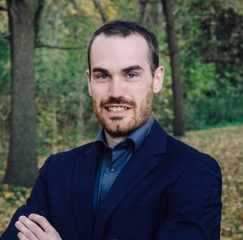
Kevin McGregor will join the Department of Mathematics and Statistics as an assistant professor in January 2021. McGregor's research has focused on various topics on statistical methods in genetics and genomics. In the past he has done work on methods adjusting for cell-type heterogeneity in DNA methylation studies. In his PhD thesis, he developed novel Bayesian methods to model community structure from human microbiome data by means of network and diversity estimation. Additionally, McGregor has worked as a statistical consultant on projects from a wide variety of fields, including cancer genetics, eating disorders, emergency medicine and educational psychology.
At York University, his research will focus on quantitative methods for detecting associations in microbiome data. This kind of data is difficult to work with, as measures are not directly interpretable due to the nature of the gene sequencing process. This project will include novel work in the fields of compositional data analysis and some work in Bayesian non-parametrics. McGregor also looks forward to being involved with York University's development of an undergraduate program in data science.
McGregor completed a PhD in biostatistics from the department of Epidemiology, Biostatistics, and Occupational Health at McGill University under the supervision of Celia Greenwood and Aurélie Labbe. During his PhD he was awarded a Fonds de Recherche du Québec-Santé fellowship and also took part in the Queen Elizabeth Scholars program for a research visit to the University of Warwick in the United Kingdom.
Pavlos Motakis
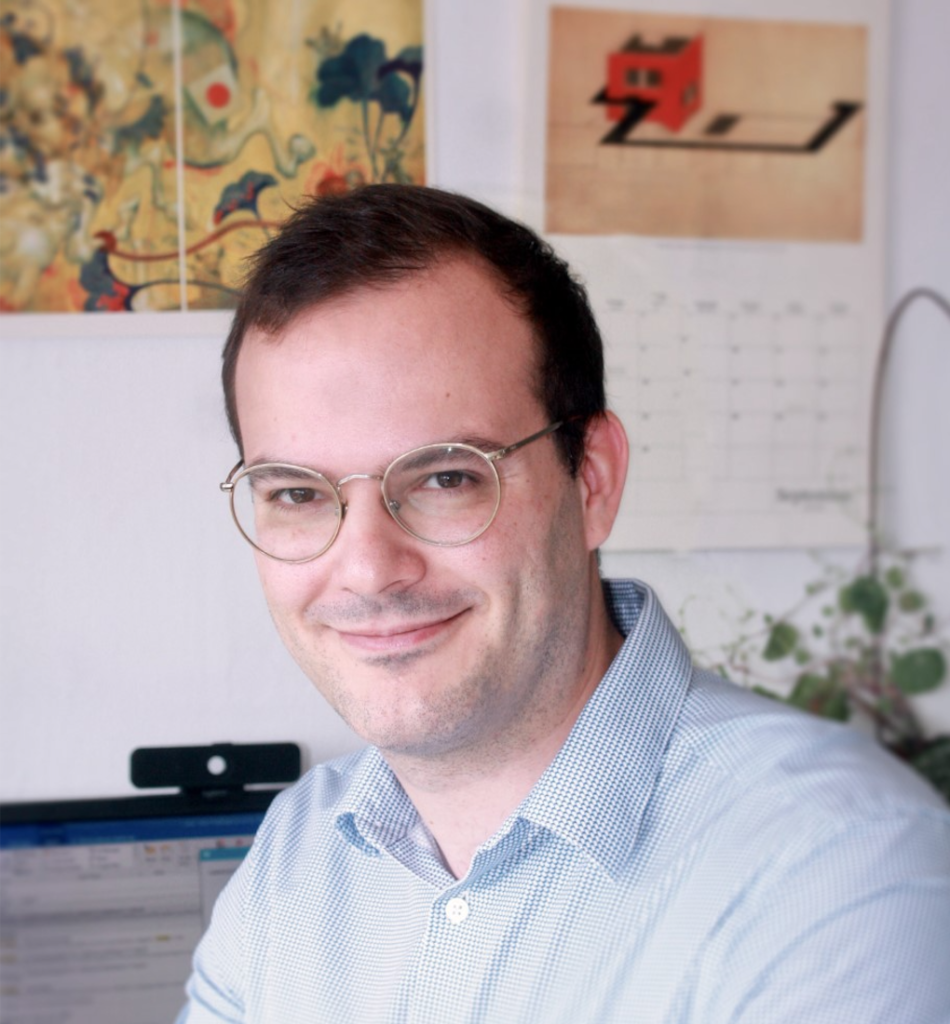
Pavlos Motakis joins the Department of Mathematics and Statistics as an assistant professor. He received his PhD in mathematics from the National Technical University of Athens in 2015. He has held postdoctoral appointments in the Mathematics Department of Texas A&M University (2015-18) and in the Mathematics Department of the University of Illinois at Urbana-Champaign (2018-20).
His research interests lie in pure mathematics, particularly in the field of functional analysis and its interplay with other topics such as metric geometry, combinatorics and descriptive set theory. Historically, functional analysis has its roots in the study of differential equations, although it has since found many applications by providing a solid theoretical framework in which problems from such areas as quantum physics and theoretical computer science can be studied. Motakis has specialized in the study of certain aspects of this theoretical framework.
Motakis has been awarded research grants from the Simons Foundation and the National Science Foundation. He has been engaged in teaching undergraduate and graduate classes since his PhD and he has been involved in the mentoring of undergraduate researchers.
Jesse Rogerson

Jesse Rogerson joins the Division of Natural Sciences in the Department of Science & Technology Studies as an assistant professor. Rogerson received his PhD from York University in observational astrophysics in 2016. He studied quasars – super massive black holes that are actively consuming large amounts of gas and dust, found at the centres of very distant galaxies. Using large optical telescopes from around the world, he monitored how quasars vary through time, and how those variations can be used to understand their structure.
Alongside his research, Rogerson has worked in three of Canada’s preeminent science museums, where he engaged a variety of audiences from Canada and internationally on the topics of astronomy, planetary science and other space sciences. During his time as a professional science communicator for these institutions, Rogerson participated in multiple citizen science projects, with the goal of incorporating the average non-scientist into the scientific process.
Rogerson has an avid interest in science communication, how science and society are connected and inform each other, and of particular importance, how space impacts our everyday lives. At York, Rogerson plans to include these themes in his teachings, and to develop more ways for non-science students to interact personally with the scientific process.
Carly Rozins
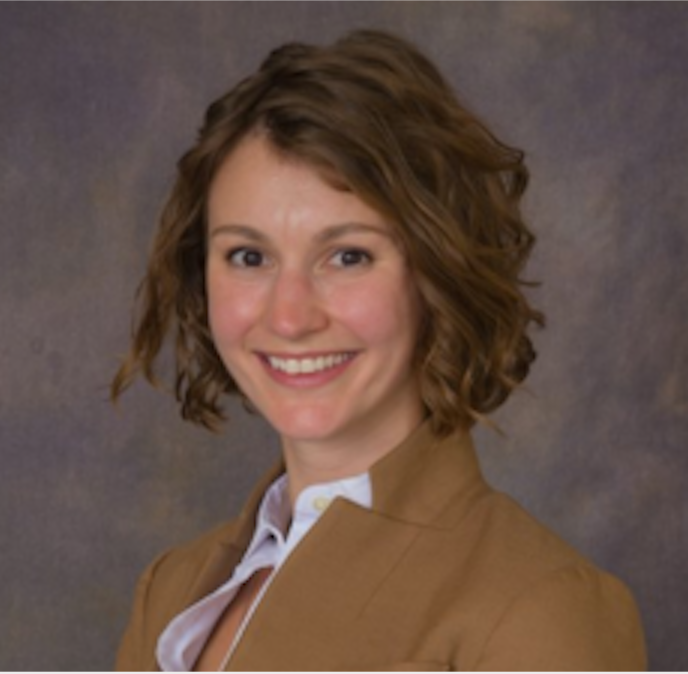
Carly Rozins joins the Division of Natural Sciences in the Department of Science & Technology Studies as an assistant professor. Rozins is a mathematical biologist, and uses modelling to study the spread, containment and evolution of infectious diseases. She acquired her BSc from the University of Guelph, where she studied biology and mathematics. She then went on to receive both an MSc and PhD in applied mathematics from Queen’s University.
In her research she aims to answer the question: how do modern agricultural management practices impact the risk, severity and evolution of infectious diseases? To address this question, she develops novel mechanistic models and mathematical methods and applies them to agricultural datasets. Her PhD research examined how modern farming practices might cause poultry diseases to evolve to become more deadly.
As a Postdoctoral Fellow at UC Berkeley, she researched the ongoing threat of bovine tuberculosis in the U.K. and how recent changes to beekeeping might be killing honeybees. Rozins has also worked for the Canadian Consortium for Pandemic Preparedness Modelling, where she studied the cause of the second wave of the H1N1 (swine flu) pandemic.
Pam Sargent
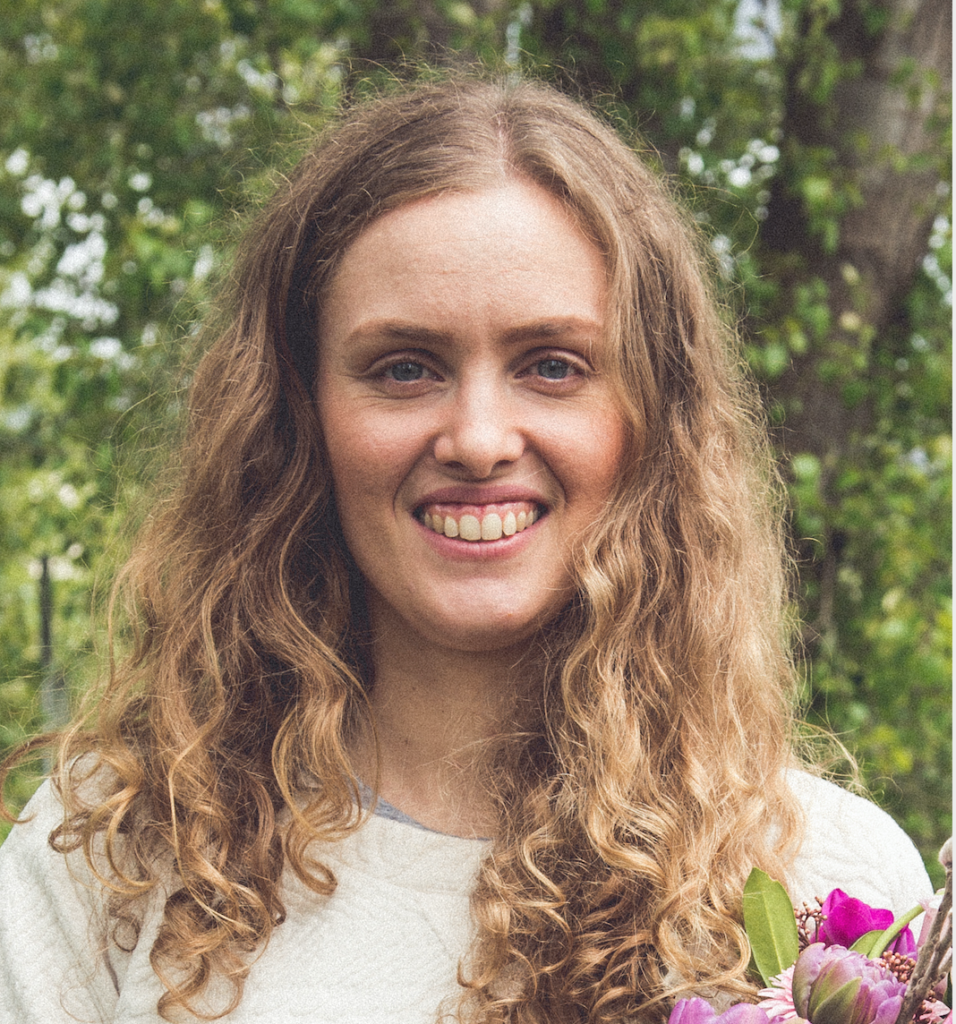
Pam Sargent joins the Department of Mathematics and Statistics as an assistant professor. She completed her PhD in pure mathematics at the University of British Columbia in 2018, working on minimal surfaces and geometric analysis. Before arriving at York, she worked as a lecturer at Yale University from 2018-20.
Currently, Sargent is primarily interested in the scholarship of teaching and learning. In particular, she is interested in finding new ways of creating authentic active learning experiences in large-scale classrooms and investigating how course design impacts students’ perceptions of their ability to do mathematics, especially for underrepresented populations. She is also interested in helping students transition from high school to university, and supporting graduate students and postdoctoral fellows in their role as educators.
Ryan Schott
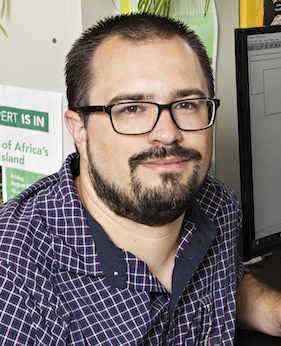
Ryan Schott joins the Department of Biology as an assistant professor with an emphasis in computational biology. Schott’s research combines computational, genomic and experimental approaches to understand how the vertebrate visual system evolves and adapts to changes in life history and the light environments organisms live (and see) in. The overarching goal of this research is to provide insight into fundamental aspects of evolutionary biology, such as how complexity and novelty can evolve, and the repeatability of evolution. The primary organismal focus of Schott’s research is in amphibians and reptiles, but he has also studied visual evolution in other vertebrate groups including mammals and fishes.
Prior to coming to York, Schott completed an MSc with a focus in vertebrate paleontology and a PhD with a focus in molecular evolution and vision biology, both from the Department of Ecology and Evolutionary Biology at the University of Toronto. After his PhD, Schott joined the Smithsonian Institution’s National Museum of Natural History (NMNH) as a postdoctoral researcher, where he studied the molecular evolution of visual systems in frogs as part of an international collaboration led by U.S.- and U.K.-based institutions.
Schott has received several awards and scholarships, including an award for research excellence for his PhD work. He is enthusiastic about mentoring the next generation of computational and evolutionary biologists and has extensive mentorship experience, most recently through the NMNH’s Natural History Research Experience program, which aims to provide research opportunities for undergraduate students from underrepresented groups in STEM. Outside of work, Schott enjoys cooking, cycling and hiking with his wife and two daughters.
Mark Vicari
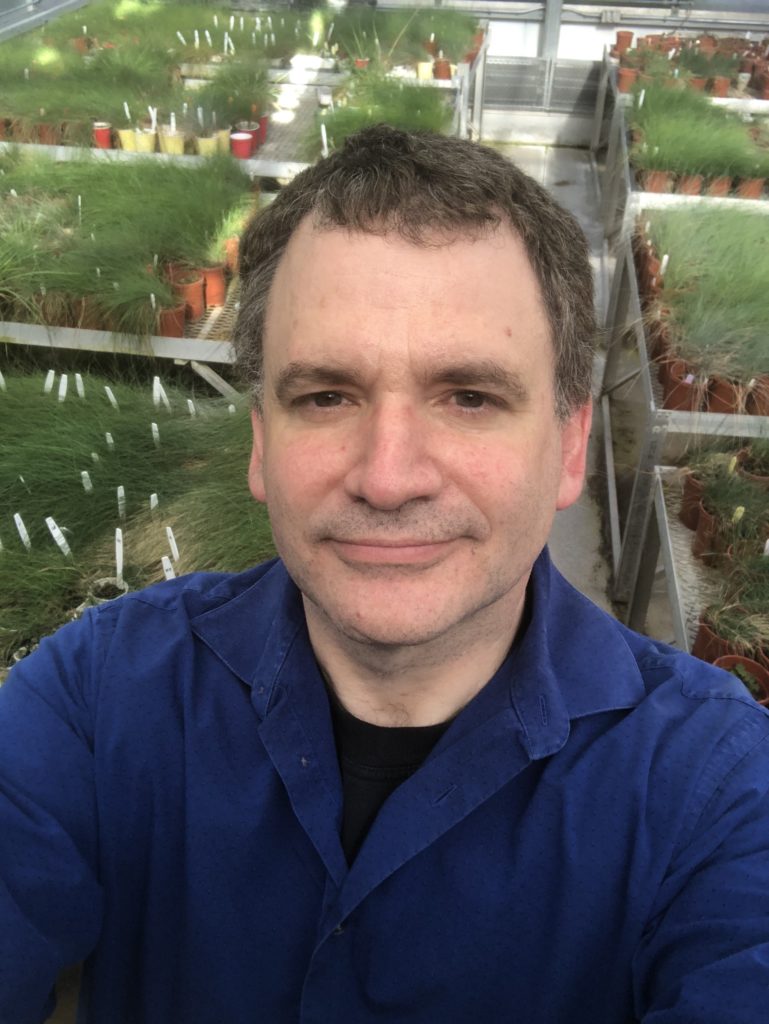
Mark Vicari joins the Department of Biology as an assistant professor. His research focus has been on the role of microbes as mediators of interactions between plants and herbivores. He completed a bachelor’s degree in biology at Trent University, and an MSc at York under the supervision of Professor Dawn Bazely. At York, he studied the impact of grazing by feral sheep on the symbiosis between grasses and asymptomatic, toxin-producing fungi (endophytes) in the St. Kilda Archipelago of Scotland.
Vicari was awarded a Commonwealth Scholarship to pursue a PhD at Lancaster University in England, where he studied the impact of mycorrhizal (below-ground) fungi on the relationship between plants, herbivores and foliar (above-ground) endophytes. Following his PhD, Vicari returned to York as a sessional instructor and taught courses in ecology and evolution for the Biology and Geography departments and the Natural Science Division. He continues to collaborate on research projects with Bazely.
Vicari's current research interests include the effects of herbivore saliva on the plant microbiome. He looks forward to integrating citizen science projects with a conservation focus into ecology courses in the Biology Department. In particular, he aims to explore ways – through public outreach – to increase awareness of, and action against, the biodiversity crisis – one of the most pressing challenges of our time.
